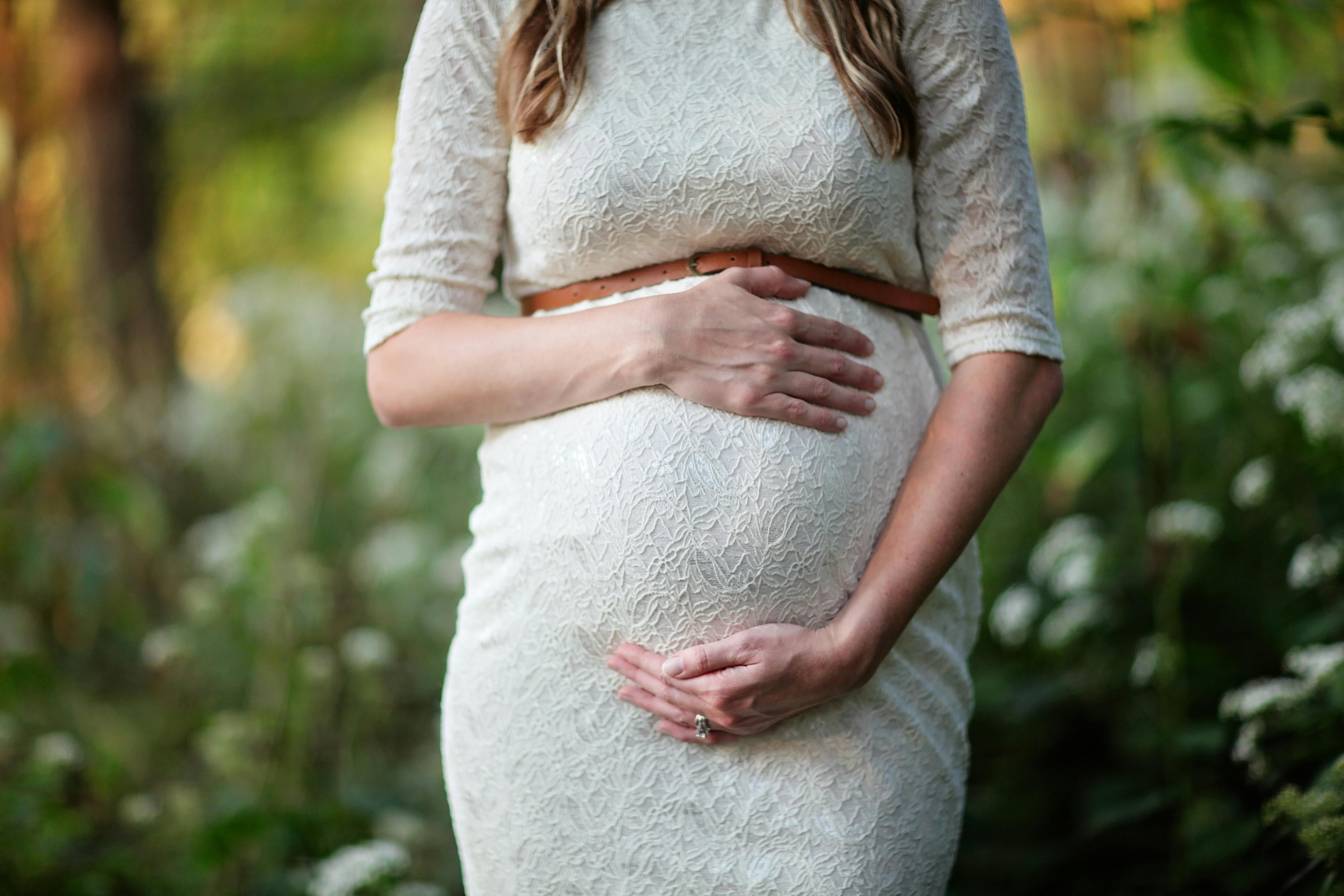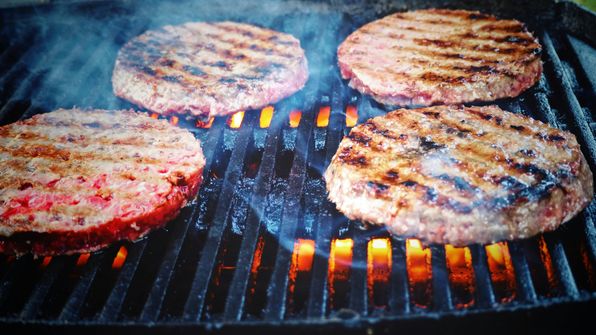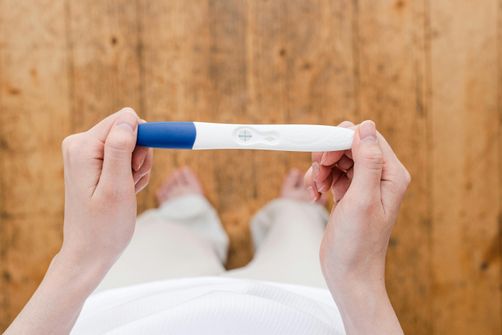
Social Success on the Carnivore Diet: Tips for Staying Committed at Gatherings and Restaurants
Social gatherings often mean a spread of carb-heavy foods and tempting desserts that can make sticking to the carnivore diet feel tricky. But with a b...

The carnivore diet, which consists exclusively of animal products and excludes all plant-based foods, has gained popularity for its promises of weight loss and improved health. However, for women, this diet may come with specific side effects that could impact overall well-being. Understanding these potential issues is crucial for making an informed decision about whether this extreme diet is right for you.
Let’s explore the women-specific side effects of the carnivore diet, supported by facts, numbers, and research.

Hormones play a critical role in women’s health, influencing everything from menstrual cycles to mood and metabolism. The carnivore diet’s low-carb, high-protein nature can disrupt hormonal balance in several ways.
Carbohydrates are essential for the production of hormones like estrogen. A diet that drastically reduces or eliminates carbs, such as the carnivore diet, can lead to irregular periods or amenorrhea (absence of menstruation). This is particularly concerning for women of reproductive age.
Stat Check: Research published in Journal of Food Science Research indicates that women on very low-carb diets are at a higher risk of developing menstrual irregularities, with up to 45% of women experiencing disrupted cycles.
The thyroid gland, which regulates metabolism, also relies on carbohydrates to produce thyroid hormones. A lack of carbs can reduce the production of active thyroid hormones, leading to symptoms such as fatigue, weight gain, and depression—symptoms that can be especially pronounced in women.
Fact Check: A study in The American Thyroid Association journal found that women are five to eight times more likely than men to have thyroid problems. Diets low in carbs, like the carnivore diet, can exacerbate these issues, potentially leading to hypothyroidism.

Osteoporosis, a condition characterized by weakened bones, is a significant concern for women, particularly after menopause. The carnivore diet’s exclusion of plant-based foods can limit the intake of essential nutrients like calcium and vitamin D, both of which are critical for bone health.
While meat contains some calcium, it is insufficient to meet the daily recommended intake of 1,000-1,200 mg for women. Without adequate calcium, women are at an increased risk of developing osteoporosis and experiencing bone fractures.
Stat Alert: European Journal of Rheumatology reports that 1 in 3 women over the age of 50 will experience an osteoporosis-related fracture. A carnivore diet, lacking in calcium-rich foods like leafy greens and fortified products, can significantly increase this risk.
Vitamin D is necessary for calcium absorption, and its deficiency can further compromise bone health. Although fatty fish and egg yolks are sources of vitamin D, they may not provide enough to meet the daily requirement, particularly for women with limited sun exposure.
Fact Check: According to the Journal of Family Medicine and Primary Care, women are more likely to suffer from vitamin D deficiency, especially those who avoid sun exposure or live in northern latitudes. This deficiency, combined with low calcium intake, can accelerate bone density loss.
Diet plays a crucial role in mental health, and the carnivore diet’s extreme approach could have specific effects on women’s mental well-being.
Carbohydrates are necessary for the production of serotonin, a neurotransmitter that regulates mood. The absence of carbs in the carnivore diet can lead to reduced serotonin levels, which may result in mood swings, irritability, and even depression. Women, who are generally more susceptible to mood disorders, may find this particularly challenging.
Stat Alert: The Mayo Clinic reports that women are nearly twice as likely as men to suffer from depression. A diet low in carbohydrates, like the carnivore diet, could exacerbate the risk of mood disorders in women.
The restrictive nature of the carnivore diet can make social eating difficult. Women, who often place a high value on social connections and communal meals, may experience feelings of isolation or anxiety when following such a restrictive diet.
Fact Check: A survey by the Appetite found that 53% of women reported that they eat more healthily when dining with others. The carnivore diet’s restrictions could interfere with social interactions, leading to increased stress and anxiety.
For women who are trying to conceive, the carnivore diet could pose challenges. Fertility is closely linked to overall nutritional status, and diets that are too restrictive can impact reproductive health.
The lack of essential vitamins and minerals—such as folic acid, iron, and antioxidants—found in fruits and vegetables can negatively impact fertility. These nutrients are vital for ovulation, egg quality, and overall reproductive health.
Stat Alert: According to the Frontiers in Endocrinology, nutrient deficiencies can reduce fertility by up to 30%. Women on the carnivore diet, which excludes plant-based sources of these nutrients, may face additional challenges when trying to conceive.

While the carnivore diet may offer short-term benefits, such as weight loss or symptom relief for certain conditions, it’s essential for women to consider the potential long-term side effects. Hormonal imbalances, bone health concerns, mental health impacts, and fertility issues are significant risks that should not be overlooked.
Before starting any extreme diet, including the carnivore diet, women should consult with a healthcare provider or nutritionist to ensure that their nutritional needs are met and to discuss the potential risks involved. For many women, a more balanced approach that includes a variety of food groups may be a safer and more sustainable way to achieve health goals.
A: Yes, the carnivore diet can lead to hormonal imbalances, particularly because it eliminates carbohydrates, which are essential for hormone production. Women may experience irregular menstrual cycles, amenorrhea (absence of menstruation), and even thyroid dysfunction due to the lack of carbs necessary for hormone regulation. Research shows that low-carb diets can decrease active thyroid hormone levels, which is critical for maintaining metabolic and reproductive health.
A: The carnivore diet can negatively impact bone health in women by limiting the intake of calcium and vitamin D, both of which are crucial for maintaining strong bones. Without these nutrients, women are at a higher risk of developing osteoporosis and experiencing bone fractures, particularly after menopause. The National Osteoporosis Foundation notes that 1 in 2 women over 50 will suffer an osteoporosis-related fracture, emphasizing the importance of calcium and vitamin D in the diet.
A: Yes, the carnivore diet can pose mental health risks for women. The absence of carbohydrates, which are necessary for serotonin production, can lead to mood swings, irritability, and an increased risk of depression. Women, who are generally more susceptible to mood disorders, may find the lack of carbs particularly challenging. The restrictive nature of the diet can also lead to social isolation, which can further exacerbate anxiety and depression.
A: The carnivore diet can negatively affect fertility in women by causing nutrient deficiencies that are vital for reproductive health. Essential nutrients like folic acid, iron, and antioxidants, which are abundant in fruits and vegetables, are excluded from the carnivore diet. These deficiencies can impair ovulation, egg quality, and overall reproductive health, potentially reducing fertility by up to 30%, according to studies by the American Society for Reproductive Medicine.
A: The carnivore diet can increase cardiovascular risks for women due to its high content of saturated fats and cholesterol from animal products. This diet can raise LDL (bad) cholesterol levels, a significant risk factor for heart disease, particularly in post-menopausal women who are already at increased risk. High intake of red and processed meats has also been linked to higher levels of inflammation, which can contribute to heart disease.
A: The carnivore diet may be difficult to sustain long-term for women due to its restrictive nature and potential health risks. Long-term adherence can lead to nutrient deficiencies, hormonal imbalances, and increased risks for chronic conditions like heart disease and osteoporosis. Women considering the carnivore diet should carefully weigh these risks and consult with a healthcare provider to determine if it’s a suitable and sustainable option for their health goals.

Social gatherings often mean a spread of carb-heavy foods and tempting desserts that can make sticking to the carnivore diet feel tricky. But with a b...

The carnivore diet is often seen as straightforward: eat meat, keep it simple. But adapting it seasonally can bring freshness, variety, and local flav...

The carnivore diet has become increasingly popular, but like any extreme dietary approach, it raises important questions—especially for women concerne...

The carnivore diet has gained attention globally, but women’s experiences and cultural approaches to animal-based eating vary widely depending on wher...

Living with Chronic Obstructive Pulmonary Disease (COPD) can make everyday activities feel like a marathon, especially for women who are juggling heal...